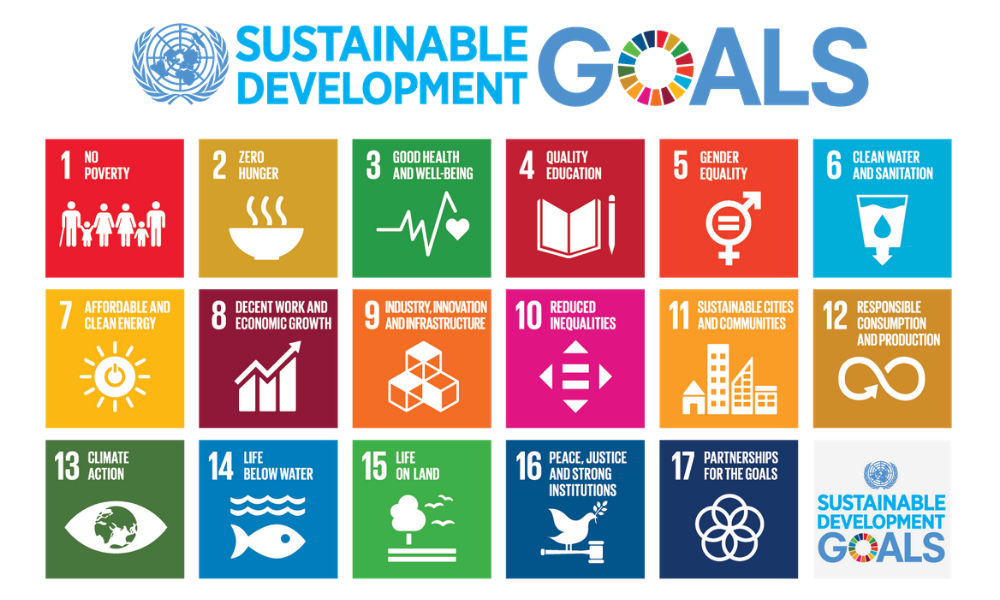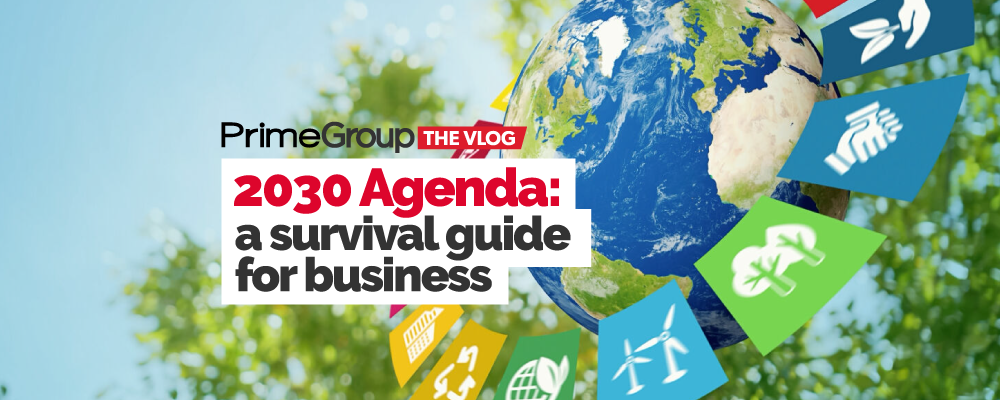Inflation is a problem that affects both consumers and businesses, posing a significant challenge for marketers who want to sell products to reluctant and penniless buyers. However, there are several strategies tested during the hyperinflation years of the 1970s that can be used to combat inflation and pump-up consumer demand. But now, the controversial United Nations’ 2030 Agenda promoting environment-friendly and socially responsible practices has become a new challenge for marketers. So, what can businesses do to reconcile the need to combat inflation and promote sustainable buying?

Everybody knows the problem: when prices for everyday items like groceries, gas, and even rent go up, we must spend more money and it can be hard to make ends meet.
The rising prices of goods and services make consumers thriftier and more reluctant to buy, which in turn makes it harder for businesses to maintain sales levels and generate revenue. So, to survive, some businesses and marketers become creative to combat inflation and pump-up consumer demand.
One strategy that has been tested in the past is to offer discounts and promotions to customers. During the hyperinflation years of the 1970s, this strategy was used to maintain consumer demand and keep sales levels stable. This can still be effective today, as consumers are always looking for a good deal. But beware of discounts that reduce the amount or the quality, that’s a temptation for sellers and bad for long term marketing.
Another strategy is to focus on providing value to customers by offering quality products or services at a fair price. Removing rings and bells and unnecessary packaging while keeping high standards for the product, is just one example like Ikea is doing with its furniture. Building relationships with customers and engaging with them on social media can also help to maintain their loyalty and retain them as customers even during tough economic times.
However, businesses and marketers now face a new challenge in reconciling the need to combat inflation with the United Nations’ 2030 Agenda. The goals outlined in this agenda aim to promote sustainability and social justice, which includes the goal of consuming less, not more. This is clearly a contradiction: companies need to sell to get profits, but we are told by our governments, who signed the 2030 Agenda, that we should reduce the overall consumption of resources to ensure environmental sustainability and social justice.
By the way, I am not going to comment about the fact that those political guidelines that are imposed on us for the sake of the environment and against climate change point to more bureaucracy and taxes, so more government control. That would be another topic…
Anyway, that contradiction can be solved, but companies should adapt to this new era as much as consumers. In fact, the protection of the environment is already a driver of economic growth in the long-term, as it will bring innovation, efficiency, and new markets for businesses. Electric cars, windmills, organic agriculture are some examples.
So, the new marketing should focus on advertising products made from environmentally friendly materials or educating consumers on the benefits of choosing green products.
By focusing on sustainability and social responsibility, businesses and marketers can attract consumers who value these principles and promote long-term brand loyalty.
In addition, there is a growing recognition of the need to transition towards a circular economy, where resources are used more efficiently, and waste is minimized. This can involve designing products to be reused, repaired, or recycled, and promoting sharing and collaborative consumption models.
It’s important for businesses and marketers to be transparent and sincere about their efforts towards sustainability and social justice. Some marketers, use the green label as a promotion but don’t question their supply chain, the composition of their products or the working conditions of the people who manufacture the goods. This will backfire the company when the truth is known. So, while they question the way they produce their goods and services, companies should disclose the information about the sources and production methods used for their goods or being honest about the environmental impact of their business operations.
Businesses and marketers can also encourage responsible consumption habits, so that they help to reduce the overall use of scarce resources, while still meeting the needs of consumers.
In conclusion, by balancing the need to combat inflation and consumer demand with the values of sustainability and social responsibility, companies can adapt to changing economic conditions and consumer behavior while promoting long-term success.


